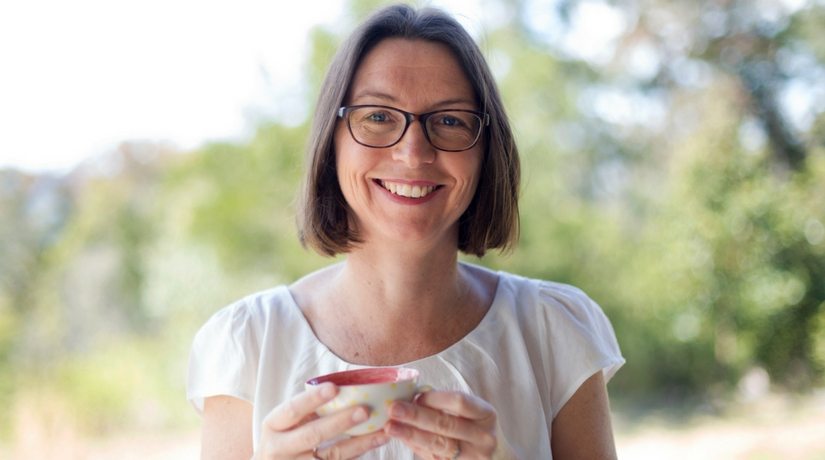
Healthy Lifestyle
‘Keeping it Real’ with Natalie Harms
Everyone seems to have an opinion about what the best diet is or what foods you should or shouldn’t be eating! Every day there are articles in the news or on social media espousing the virtues of different “diets”, superfoods, nutrients and ways to improve health. Everyone’s an expert and it can be very confusing!
As a nutritionist, I often get asked:
What should I eat and what should I stop eating?
What about Paleo, Low Carbohydrate or Vegan diets?
Should I cut out dairy, gluten, grains, potatoes, fruit?
The choices we make about what to eat are influenced by many factors including peer pressure, taste preferences, family, culture, religion, ethics/values, income, education, allergies, illness and wellbeing.
No matter what has influenced the style of eating you follow, there is one fundamental principle that we all should follow and that is to eat REAL FOOD.
Real food is food in its most natural state. It is unprocessed or with very little processing and is also known as whole food.
When you make real food the cornerstone of your eating, everything you eat is full of the macronutrients (protein, carbohydrates and fats), micronutrients (vitamins and minerals) and fibre your body needs to function and stay healthy. It has NO added fat, sugar, salt or additives. You will also be more likely to consume the recommended 5 servings of vegetables each day.
Real food is found in your own garden, at farmers markets, from wholefoods providores like Affordable Wholefoods, at your local fruit and vegetable shop, your butcher or fishmonger, and mostly around the edge of the supermarket.
This way of eating also helps to eat seasonally which means you eat fresh foods that have been grown locally in season and not stored or transported for long periods of time. It also increases the variety of fresh foods you’ll consume.
And of course by choosing real, whole foods you will naturally reduce your intake of processed foods and manufactured foods that have become the norm and are less healthy.
Real food includes: vegetables; fruits; fresh herbs; whole grains with no or minimal processing like oats, brown rice and buckwheat; unprocessed meats; fish; nuts and seeds; eggs; minimally processed dairy; beans and legumes.
Make real, whole foods the cornerstone of your eating and your body will love you!
Written by Natalie Harms
Food and Nutrition Specialist
To learn more about Natalie you can visit her website or Instagram page here.



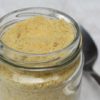









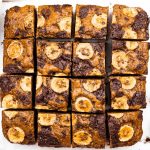

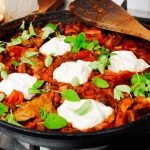
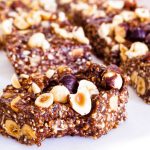

Leave a reply